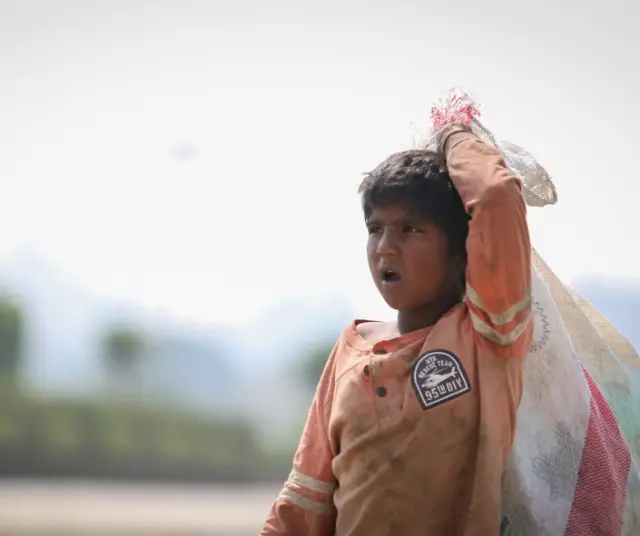World Day Against Child Labor is celebrated every June 12, being a crucial date to reflect on one of the most pressing problems affecting children around the world. This day not only seeks to raise awareness in society about the magnitude of child labor, but also to mobilize governments, organizations and citizens to take concrete measures in the fight against this sad reality.
The history of the World Day Against Child Labor dates back to 2002, when the International Labor Organization (ILO) established this day to focus attention on the urgency of eliminating child labor. Since then, every year, this day serves as a platform to raise public awareness about the millions of children who are forced to work in dangerous and often inhumane conditions. The June 12 election is no coincidence; commemorates the launch of the first ILO report on child labor in 2002.
Underlying Causes of Child Labor
To effectively address the problem of child labor, it is crucial to understand the underlying causes that perpetuate it. Poverty is often the main factor. In many cases, impoverished families have no choice but to send their children to work to contribute to the family's livelihood. Lack of access to quality education also plays a crucial role, as many working children are deprived of the opportunity to learn and develop fully.
Wars and armed conflicts are another significant cause of child labor. In crisis contexts, children are often forced to work to survive, whether as part of armed forces, in the production of goods or in domestic services. The lack of effective labor laws and their poor enforcement also contribute to the problem, allowing exploitative practices to continue without significant consequences.
Devastating Consequences of Child Labor
Child labor has profound and often irreversible consequences for the lives of the children affected. First, exposure to hazardous work environments puts children's health and safety at risk, increasing the chances of injury and illness. Furthermore, child labor directly interferes with the fundamental right to education, perpetuating the cycle of poverty and limiting children's future opportunities.
On an emotional and psychological level, child labor leaves lasting scars. Children who work at a young age often experience stress, anxiety, and a premature loss of innocence. Lack of time for play and socialization also negatively affects their emotional development. Furthermore, child labor often condemns these children to a life of low pay and labor exploitation in adulthood.
Global Efforts to Eradicate Child Labor
Despite the challenges, there is growing recognition globally of the need to address child labor comprehensively. Numerous organizations, governments and human rights defenders are working tirelessly to eradicate this practice and ensure a brighter future for children.
The ILO plays a central role in the fight against child labour. Through the promotion of international labor standards and collaboration with governments and organizations, the ILO works to ensure that children's rights are respected and effective measures are implemented to combat child labor in all its forms.
Governments also play a crucial role in eliminating child labor. The implementation and effective enforcement of labor laws that prohibit the employment of children, as well as the promotion of accessible, quality education programs, are essential steps to address the underlying causes of child labor.
At the community level, various non-governmental organizations (NGOs) work closely with affected communities to address the underlying causes of child labor. These organizations not only provide direct support to affected children, but also work to empower communities, improve economic conditions, and promote awareness of children's rights.
Persistent Challenges and the Path to the Future
Although significant progress has been made in the fight against child labor, significant challenges remain. The complexity and interconnectedness of underlying causes requires holistic and collaborative approaches. Lack of resources in many regions of the world, as well as resistance to changing long-held cultural practices, also represent significant obstacles.
The path to a future free of child labor involves a combination of legislative, educational and economic measures. Investment in poverty eradication programs, strengthening educational systems and the effective implementation of labor laws are essential steps. Furthermore, continued global awareness-raising is crucial to mobilize support and maintain pressure on governments and businesses to live up to their responsibilities in protecting children's rights.
World Day Against Child Labor is more than a day to remember; It is a call to global action. As we reflect on the progress made and the challenges we still face, we must renew our commitment to working together to eradicate this silent tragedy affecting millions of children around the world. The future of children, and therefore the future of our society, depends on our ability to end child labor and ensure that every child has the opportunity to grow up in a safe, healthy and educational environment.
